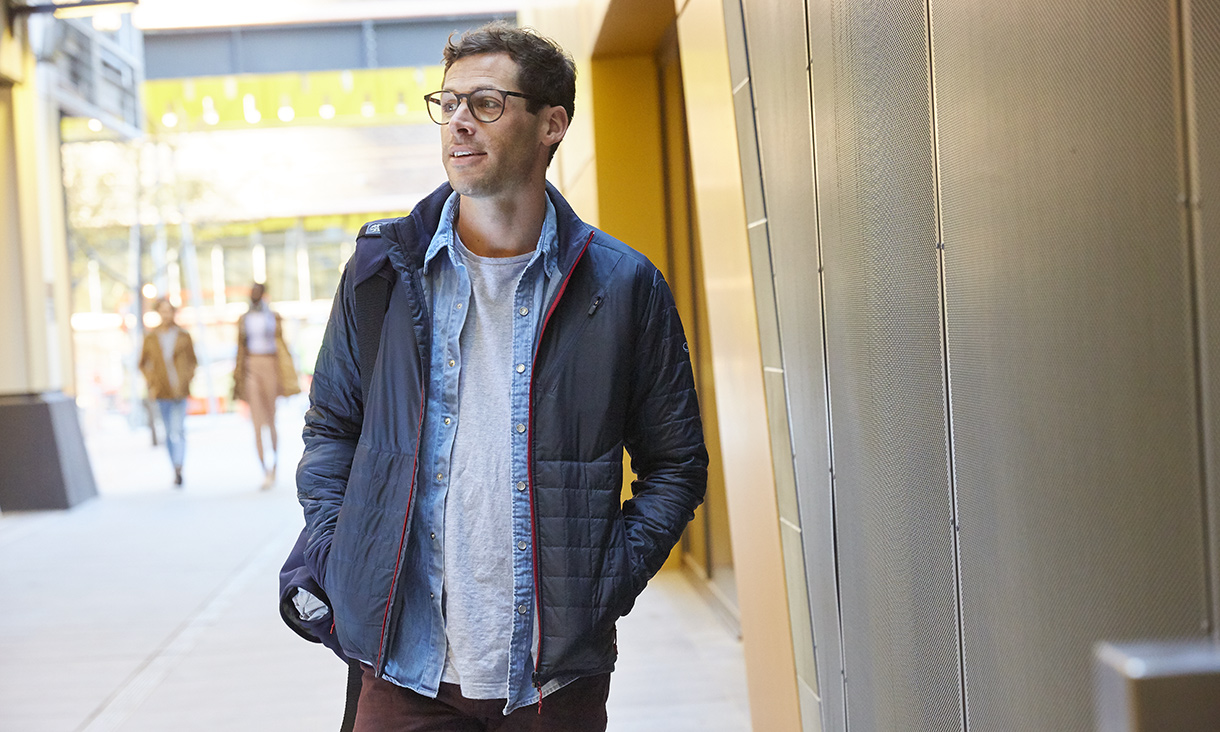With job opportunities growing and the demand for qualified graduates far outstripping supply, Zmirak chose to study the Master of Applied Science (Information Security) and is not disappointed.
"I was working for a pharmaceutical consulting firm, initially as an e-learning programmer and later in an IT consulting role, when I decided to progress my career through further study," she said.
"RMIT’s program was the only one of its kind in Victoria, but I also liked that it had a balance of theory and practical security subjects."
Global tech giant Cisco estimated that there were as many as one million vacant cyber security jobs around the world, with demand expected to rise to 6 million jobs globally by 2019, with wages for cyber security professionals expected to be around 9 per cent higher than for other IT workers.
"Cyber security seemed like a field increasing in importance across most industries and I was offered two roles when I finished my studies – a testimony to the career options this program can provide," Zmirak said.
"My studies gave me a strong foundation in cryptography, a critical area in cyber security and risk management, and the course also allowed me to broaden my networks in the security industry."
Program leader Associate Professor Serdar Boztas said the Master of Applied Science (Information Security) was re-named as the Master of Cyber Security for those applying from 2018, to better reflect the career direction and aspirations of those undertaking the degree.
"As well as the name change, the program structure has also been streamlined giving students more options in term of specialisation in the increasingly complex cyber security landscape, with courses covering topics ranging from penetration testing and ethical hacking, to risk management and compliance” he said.
"It’s a great time to teach, learn, and practice cyber security."
While cyber-attacks remain a hot topic, more business and communication is being carried out online, so securing the data and information exchanged and stored in cyberspace is more important than ever.
But with cyber skills still in short supply, Zmirak was able to commence a role as senior consultant in one of the big four consulting firms in the risk and security advisory team as soon as she completed her degree.
"My typical work day in the Financial Services department at ANZ involves tackling risks, escalation and information requests, working on projects or strategic initiatives and liaising with stakeholders on audits, though I also work on networking events for Women in Technology at ANZ," she said.
"It's interesting, challenging and rewarding work and I feel privileged to be part of the security community in Australia.
"My long-term goal is to be a well-rounded technologist, running technical operations and leading a technology team."
Story: Daniel Walder




